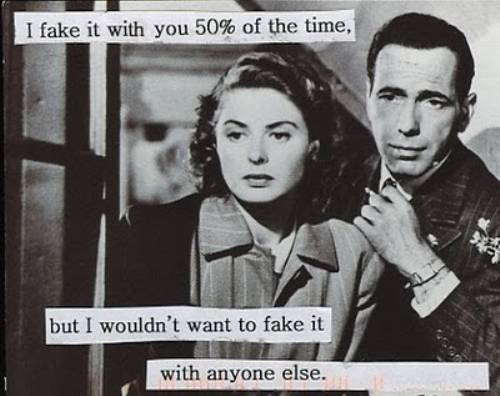 Helga’s Post #72: … is to tell everything (Voltaire)
Helga’s Post #72: … is to tell everything (Voltaire)
Joe’s previous post, ‘Surprise, Surprise’ opened up a vast opportunity for discussion of planning a novel. Why? Because so much of a book’s ultimate success hinges on this one part of a story. After all, who doesn’t like a story that’s unpredictable? But, as Joe said, it’s not easy.
In my own writing, I never know during the planning stage how I will surprise my readers. If I would know myself there’s the danger that my readers will smell a rat and can figure it out well before they get to the dreaded, sagging middle. Ultimately, I want to surprise myself, and I often do when I have to research a certain element in my story. Suddenly information emerges that totally catches me off guard, and this forces me to change my plot. Often it leads to unexpected opportunities that make my story more quirky, more unique. I think that’s the main reason why I keep resisting the outlining process. I realize that mine is a flawed process, but getting an organic writer to do a scene by scene and chapter by chapter outline before writing the first sentence is like… well, you know the cliché of the square peg.
I would like to chat about another important element of a good story, related, yet different to surprise, namely Suspense. I know this has been over-discussed and over-worked, but I always find it fascinating to explore new angles.
First off, what elements create suspense in a story?
Two things have to happen: Conflict and tension (no, they are not the same as suspense). Interaction of juxtaposing opinions is conflict; interaction of conflict and players creates tension. Add a time element to tension and voila, we have created suspense.
Suspense is not created equal. It comes in a myriad of forms. Readers who love police procedurals will be thrilled with a nail-biting denouement of a shootout or last-moment capture of a villain before he blows up a school. Romance readers will get their pound of flesh (cliché intended), when their heroine faces the biggest betrayal of her life – the man she sacrificed everything for has impregnated her younger sister and she has to decide on how to take revenge, or, escalating the suspense, find ways to forgive. Perhaps a mother has to choose between saving her small child on the railroad tracks or cause the train with two hundred passengers to derail. Or something.
Suspense can also be much more subtle, yet no less intriguing. In literary novels it can take on psychological or emotional suspense, like the protagonist’s spouse slowly descending into mental illness, or her closest friend revealing a personality trait that devastates her and she may never recover from the loss of loyalty. Just as antipathy, dissimilarity of views, hate, contempt, all can accompany true love, according to Canadian media guru Marshall McLuhan. That too is suspense in the hands of a skilled writer.
Either way, suspense, will keep your readers’ noses in your book and have them line up at Chapters on the first morning your sequel is up for sale. I was surprised therefore when a friend and one of my beta readers of Taste of the Past (culinary mystery co-written with Paula) said there was too much conflict in the book. “These people are always fighting”, was her feedback. “It spoiled all that delicious food and the sunsets and beautiful Tuscan landscape.”
Did she have a point? At first reflection I dismissed her feedback as coming from a reader who does not appreciate the value and necessity of suspense and conflict. After all, ‘Cut quarrels out of literature, and you will have very little history or drama or fiction or epic poetry left’, said American sociologist Robert S. Lynd some decades ago.
Upon further reflection, maybe my beta-reading friend was right – or partially so. Perhaps we missed some subtle nuances. We wrote that book eight years ago, my first serious effort at writing a full novel. ‘Conflict in every scene’ was the credo we’d been taught and that’s the one Paula and I wrote by. Could it be that the conflict my friend referred to was too obvious, too in-your-face? Maybe the stakes weren’t clear enough or high enough and we might have over-compensated with too much outward and petty fighting. I hope we find the time to do a serious edit of our manuscript. After having the benefit of eight years of learning and practicing writing with our capable critique group, who knows what good will come of it.
But I am sure of this: I am loath to bore my readers. I’d rather start knitting socks. As Jean Baudrillard reminds us, the world’s second worst crime is boredom. The first is being a bore.

